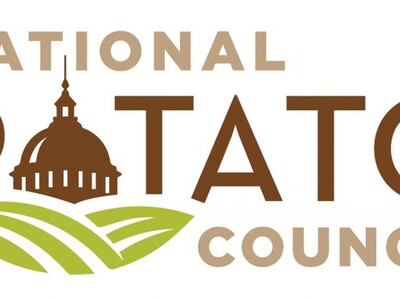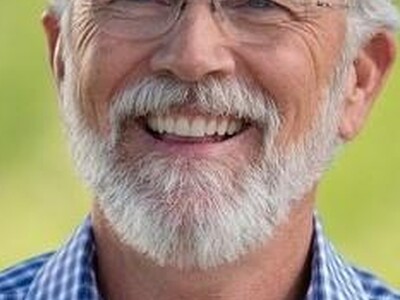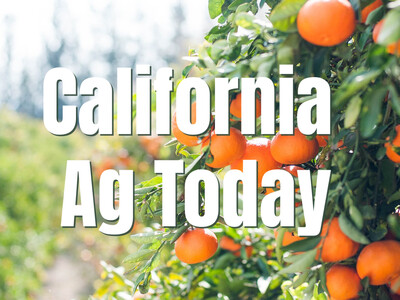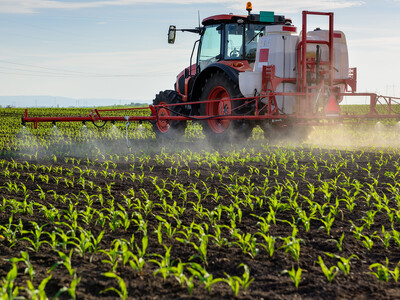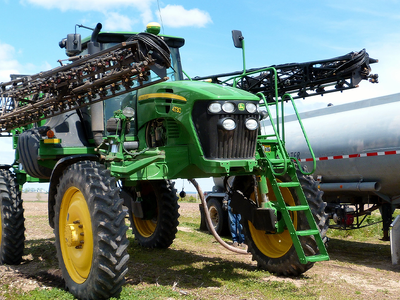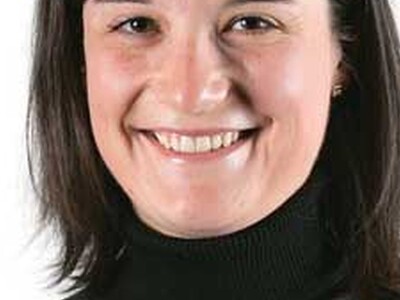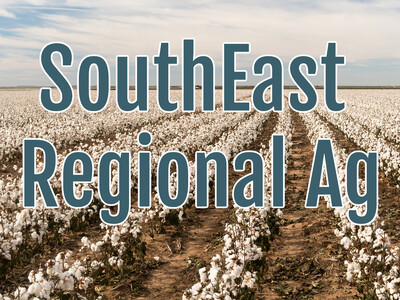Nutrient Management
The Washington Department of Ecology, Department of Agriculture, and the Washington State Conservation Commission are working to develop legislation for the 2013 legislative session that would regulate non-point sources for nutrient management in order to ensure that all livestock waste is responsibly managed, surface and ground water is protected, and adequate monitoring is is in place to ensure the state’s clean water act. There’s been concern voiced by producers that the DOE is trying to take steps to dramatically increase the amount of regulatory capacity it has when dealing with non-point water quality issues. Washington cattleman Jack Field talks about a few things to remember about non-point sources.
FIELD: Just look out in your pasture, if you’ve got a horse, or a couple of cows, or a few head of sheep grazing out there that’s exactly what Ecology wants to make sure they have every tool that they can use in the event of water quality problems.
Field talks about some of the drivers behind this legislative push.
FIELD: A lot of this is being driven from the Governor's shellfish initiative and efforts that are underway to try to address a variety of non-point issues in western Washington - trying to ensure that there’s adequate water quality protections in place to prevent shellfish bed closures. And that’s a difficult issue that we’ve gotta deal with and make sure that we can keep the shell fish farmers in business, they’re farmers just as we are on the terrestrial side of things. They need clean water - we need clean water.
We’ll hear more tomorrow from Field on the hopes of livestock producers that Washington state can have a strong clean water act and still retain strong property rights for landowners throughout the regulatory process.
I’m Lacy Gray and that’s Washington Ag Today on the Ag Information Network.




